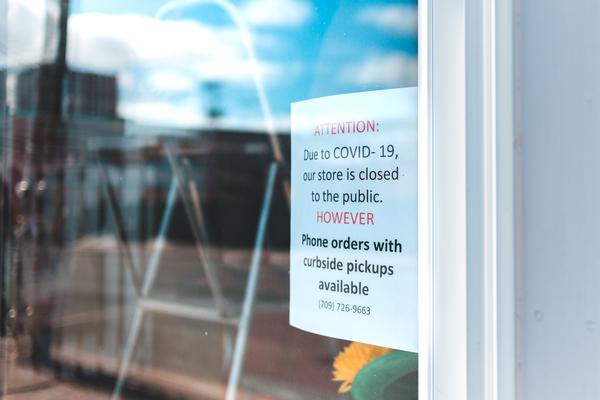COVID & Unfiled Taxes
By Todd Whalen - September 30, 2020
COVID & Unfiled Taxes
Thankfully, we’ve also seen signs of hope in 2020. Notably, many Americans received a stimulus check to help relieve their financial burden. Now, legislators are working on a new stimulus check package and you want to make sure you are on the list to receive a check. If you didn’t file your taxes in 2018 or 2019 chances are you will not receive your check.
Here’s how to file your taxes to ensure you qualify for both stimulus aid packages.
How to File Your Taxes and Qualify for COVID-19 Stimulus Check
If you didn’t file for taxes in 2019, you may still receive a check. The Internal Revenue Service (IRS) will simply qualify you based on your 2018 tax return.
However, if you didn’t file in either 2019 or 2018, you need to do so promptly. If you can at least file a 2019 return, you will qualify to receive a stimulus check, although it will arrive after many Americans have already received their checks.
File Your Back Taxes
When it comes to filing your back taxes, there are three inescapable facts you must be aware of:
-
The IRS takes unfiled taxes very seriously. They can even charge you with a crime.
-
If you do not file your tax return, the IRS can file a return for you, which is called a Substitute for Return (SFR). When the IRS files your return they do not allow deductions, credits or exemptions. All the while, they will impose taxes and penalties making it the worst possible scenario for your taxes.
-
Exercise special care when you are preparing and filing late returns because the IRS scrutinizes them heavily.
Whether you have one or many returns to file, you need a skilled tax return professional with experience to resolve your tax filing dilemma and restore your good standing with the IRS.
Steps to File Unpaid Taxes
If you want to get your coronavirus relief check, follow these steps:
-
Gather your important documents like your W2s, investment records and any other income information.
-
Review any deductions and credits you wish to claim.
-
Contact Advanced Tax Solutions for a review of your tax situation. We can handle everything to help you avoid enforcement actions.
We can meticulously fill out your return to make sure you are in compliance. We’ll ensure all of your income is reported and your withholdings and estimated taxes are included.
Contact Advanced Tax Solutions now to discuss your penalty relief options and answer any questions you have about resolving your tax issues.
Unfiled Taxes FAQ
Here are the answers to a few of the most common questions we receive at Advanced Tax Solutions:
How many years back can I get a refund on a late tax return?
You can still receive a refund for withholding or estimated taxes so long as you file your return within 3 years of the return’s due date.
What is the statute of limitations for late returns?
The IRS doesn’t have a statute of limitations for late returns. That means the IRS can go back to any year and impose penalties. When the IRS enforces unfiled taxes, they usually look within the previous six years. Generally, late returns and SFR enforcement actions are enforced within three years of the return’s due date.
Can I go to jail for unfiled taxes?
Yes, the IRS takes unfiled taxes very seriously. Typically, however, the IRS will give you many chances to file your taxes. Normally, IRS sends notices to taxpayers to get you to pay. Of course, the IRS rarely prosecutes anyone who files their taxes accurately and on time.
Get Assistance Filing Late Taxes and Securing a COVID Stimulus Check
Navigating the IRS complex rules and special requirements can be difficult. And if you have unfiled taxes, restoring your good standing with the IRS is too important to go it alone.
Let the professionals at Advanced Tax Solutions help you file your unfiled taxes so put the issue behind you. We’ll help you file old returns so you can get the stimulus check you deserve.
Call our office now at (303) 753-6040 to schedule a free initial consultation. We’ll answer all of your questions and show you how we can ease your tax burden.




















